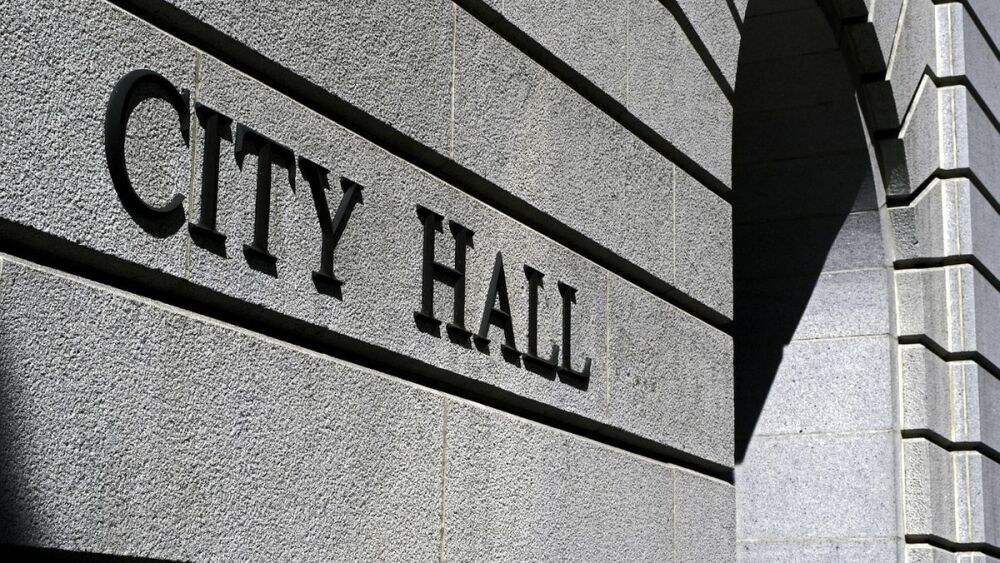The D.C. Open Government Coalition (DCOGC) July 27 released a comprehensive look at how each state and 15 of the largest cities are addressing through legislation and policies key issues surrounding implementation of police body cameras. This report is the first to compile a panoply of legislation, policies, regulations and current law into a single, easily accessible and reviewable document.
“As we were preparing testimony for a hearing of the Committee on the Judiciary of the Council of the District of Columbia, we realized that we might benefit from seeing how other states and large cities had approached the issue and whether any trends or even best practices were emerging,” said Kevin M. Goldberg, Coalition president. “We asked our pro bono legal counsel at Ropes & Gray LLP to research this among the states. Their research was so incredibly comprehensive and informative that we simply had to share it with others working on this issue. We can’t thank our attorneys enough and are very proud to be able to make this available.”
The research as initially presented looks at how these states and cities mandate when recordings must be made (and similarly when recording cannot occur) during police-citizen interactions; how long a video must be maintained after it was recorded; the treatment of these videos under relevant state or local public records laws; and, for comparison purposes, how these jurisdictions have treated police dashcam videos under public records laws.
The initial research and an Executive Summary Ropes & Gray prepared can be found on the DCOGC’s website. You can download a PDF version of the original, 113 -page results of the jurisdiction-by-jurisdiction research project here. It will remain static, and was accurate as of June 12, 2015.
An easy to use version is presented in a Github format with an invitation to the public to edit information as new developments occur. New features will be added to this page in coming days and weeks as well, so please keep checking back periodically.
Please do not hesitate to contact DCOGC President Kevin M. Goldberg at 703-346-0473 orgoldberg@fhhlaw.com if you have any questions regarding this research project.












